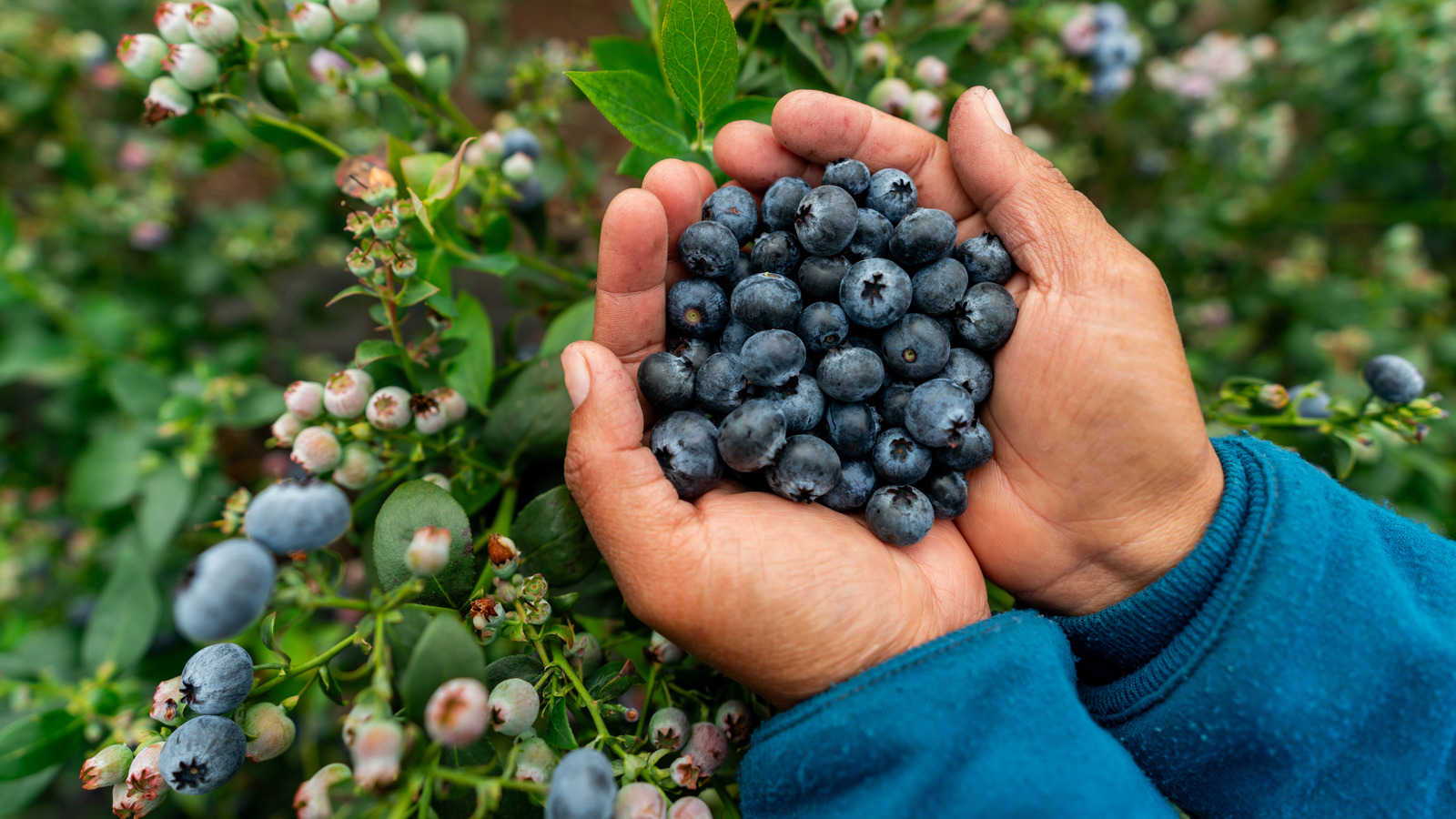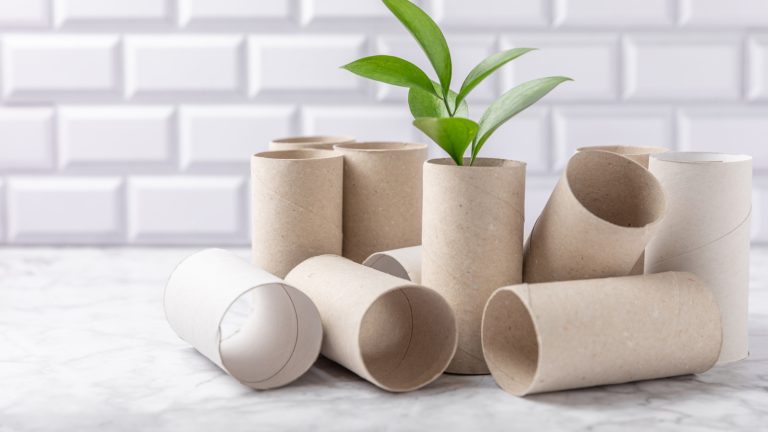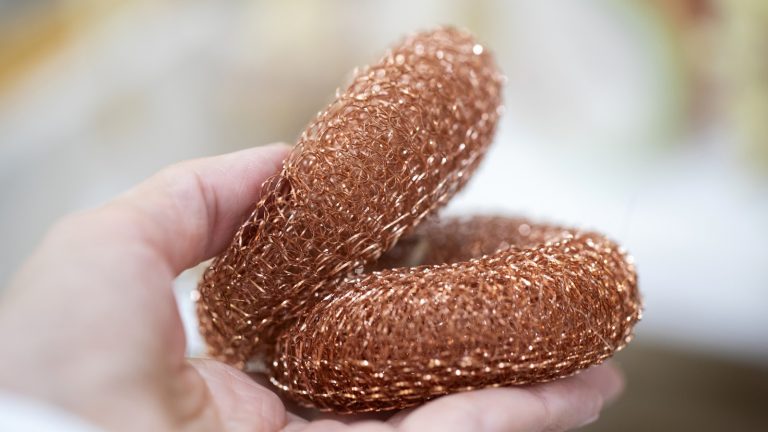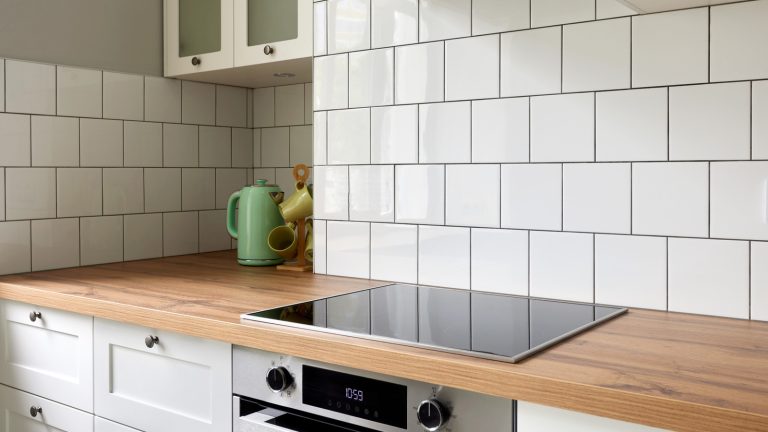
When creating the ideal environment for your garden plants, it’s crucial to consider various factors, with soil pH being one of the most important. While some plants can tolerate a wide range of acidity levels, others, such as blueberries, demand more acidic soil to flourish. Luckily, there are methods to acidify your soil. However, it’s essential to steer clear of common errors when doing so. These include neglecting to test or understand your soil’s pH before applying acidifiers, overusing your acidifying product, expecting immediate results, and relying on myths suggesting products like pine needles or coffee grounds can adjust acidity levels.
Checking your soil’s pH is always advisable, and it’s absolutely crucial to do so before making any amendments to acidify it. Although measuring soil pH isn’t particularly challenging, understanding a few key points about pH is necessary to interpret your results accurately. A neutral pH is 7, with lower numbers being acidic and higher numbers considered basic or alkaline. Failing to verify both your plants’ preferred pH range and your soil’s current acidity before applying amendments could result in overly acidic soil, exceeding your plants’ tolerance.
Don’t rush the soil acidification process
If your soil test indicates that your soil is too basic for your desired plants, your initial reaction might be to use as much sulfur or other acidifiers as possible to rectify the issue swiftly. However, this approach is not advisable. Sulfur, one of the most effective and popular soil acidifiers, requires time to take effect. Overshooting your plants’ desired pH could necessitate adding lime to correct the mistake and reduce acidity. Instead, adhere to the recommended amounts as indicated on your acidifying product’s label.
Patience is vital when acidifying your soil, as the process involves microbes gradually converting sulfur into sulfate. This transformation typically occurs more rapidly in spring and summer when microbial activity is heightened, yet it remains a slow process, sometimes taking up to a year. If utilizing an acidifying nitrogen fertilizer to lower soil pH, results may take even longer.
Avoid falling for common soil acidifying myths
There are numerous reliable products available for garden soil acidification, such as elemental sulfur products like Espoma Organic soil acidifier. However, many myths persist regarding soil acidification methods. A prevalent myth is that coffee grounds can acidify soil. While coffee grounds offer some benefits to gardens or compost in moderation, lowering soil pH is not one of them. Coffee is somewhat acidic, but used coffee grounds are nearly neutral in pH. They remain a valuable addition to compost bins, but ensure your compost does not exceed 20% coffee grounds.
Pine needles are also mistakenly believed to acidify soil. Although they make excellent mulch, their effect on soil pH is negligible. As pine needles decompose, their acidity diminishes due to microbial activity, neutralizing their pH. It’s best to rely on proven products for soil acidification; your blueberries will appreciate it.
“`






